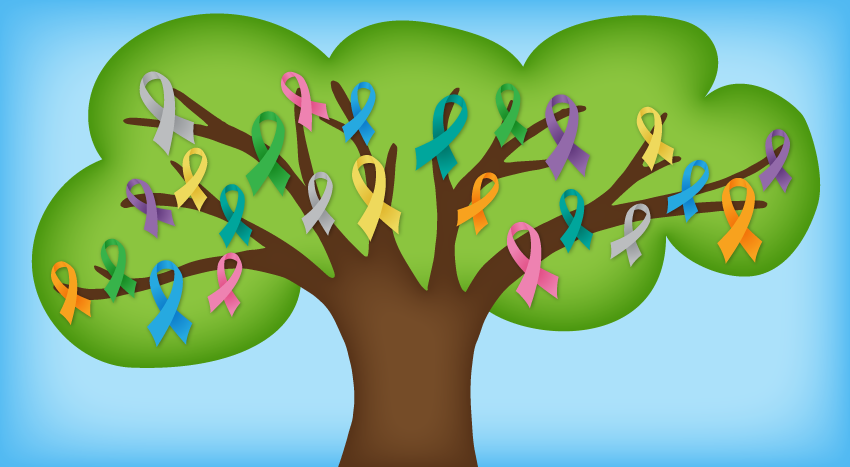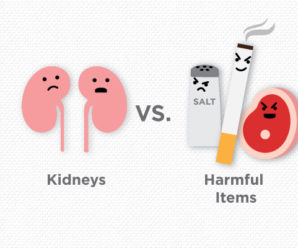 To any patients with cancer, the word “remission” may seem like the answer to their prayers. They may think of it as meaning the cancer is cured, when that’s not necessarily the case.
To any patients with cancer, the word “remission” may seem like the answer to their prayers. They may think of it as meaning the cancer is cured, when that’s not necessarily the case.
Cells may be left behind
“Complete remission means that tests, physical exams and scans show that all signs of your cancer are gone,” said Dr. Chady Leon, a Marshfield Clinic oncologist/hematologist. “This is certainly good news but even with all that, some cancer cells may have been left behind. They may be too small to show up on any of the tests. This is called microscopic disease.”
Leon said the strictest definition of complete remission is used only in research. In daily clinical practice, remission may be defined a bit more broadly.
Partial remission
You may hear of “partial remission,” which means the cancer is still there but the tumor has gotten smaller.
“For patients who have been fighting cancer, in some circumstances even a partial remission can be welcomed if we know the cancer is not curable,” Leon said. “For example, the tumor has decreased to about half the size it once was and they feel better. We may in some cases put them on a lower-dose therapy and it can give them months or years of quality life. The patient feels fine, and I’m fine with that.”
If extra months or years are not achievable, then even a stable disease that has simply stopped growing can be a desirable result.
Like treating diabetes
“In some incurable cases, we try to turn the cancer into a chronic disease the patient can live with rather than die from,” Leon said. “It’s almost like treating diabetes or hypertension. Those conditions are not curable but are treatable, and patients can live with them.”
With all the cancer research being conducted and more cancers becoming treatable, Leon said he hopes “complete remission” will be ever more reachable.







Leave a Reply